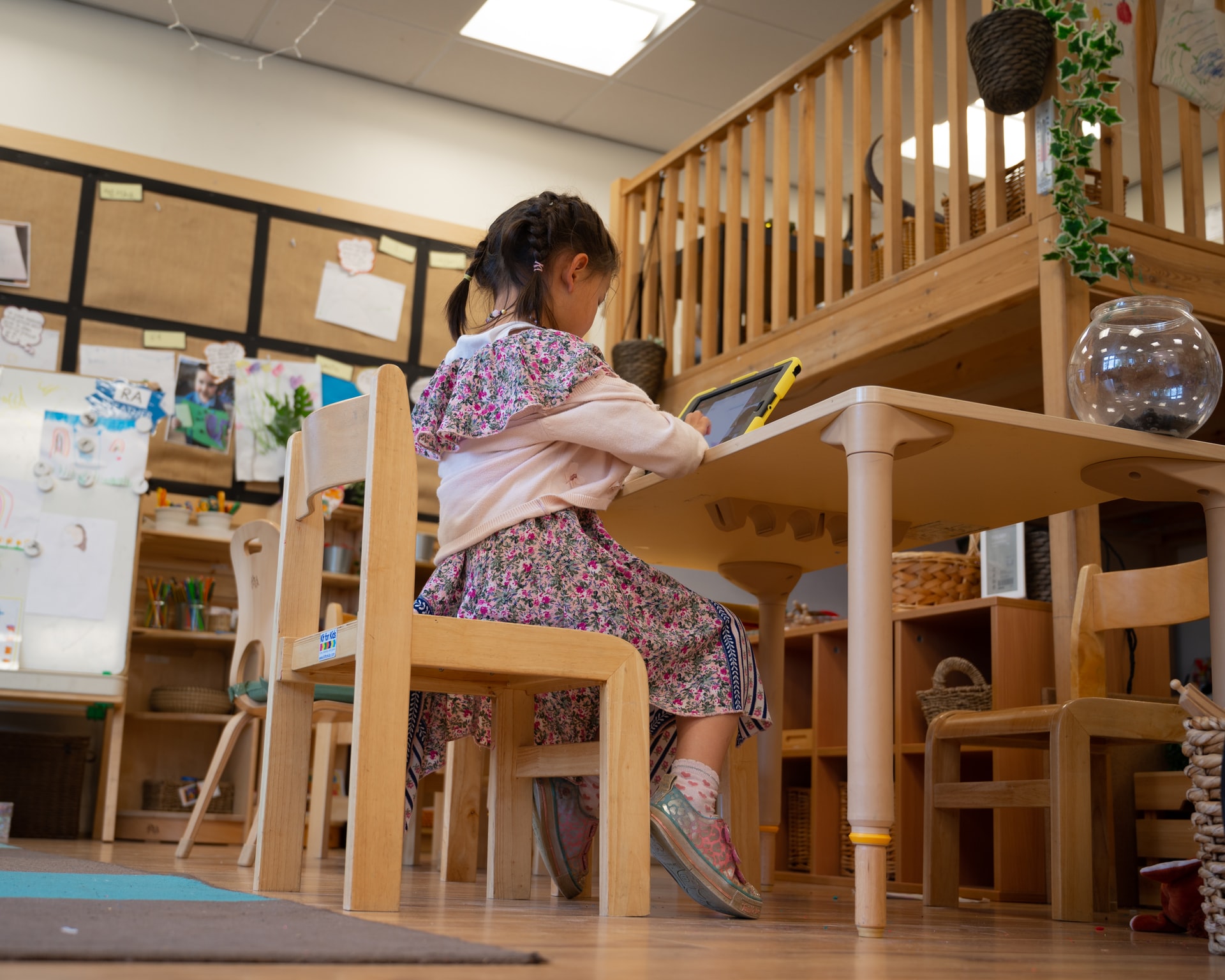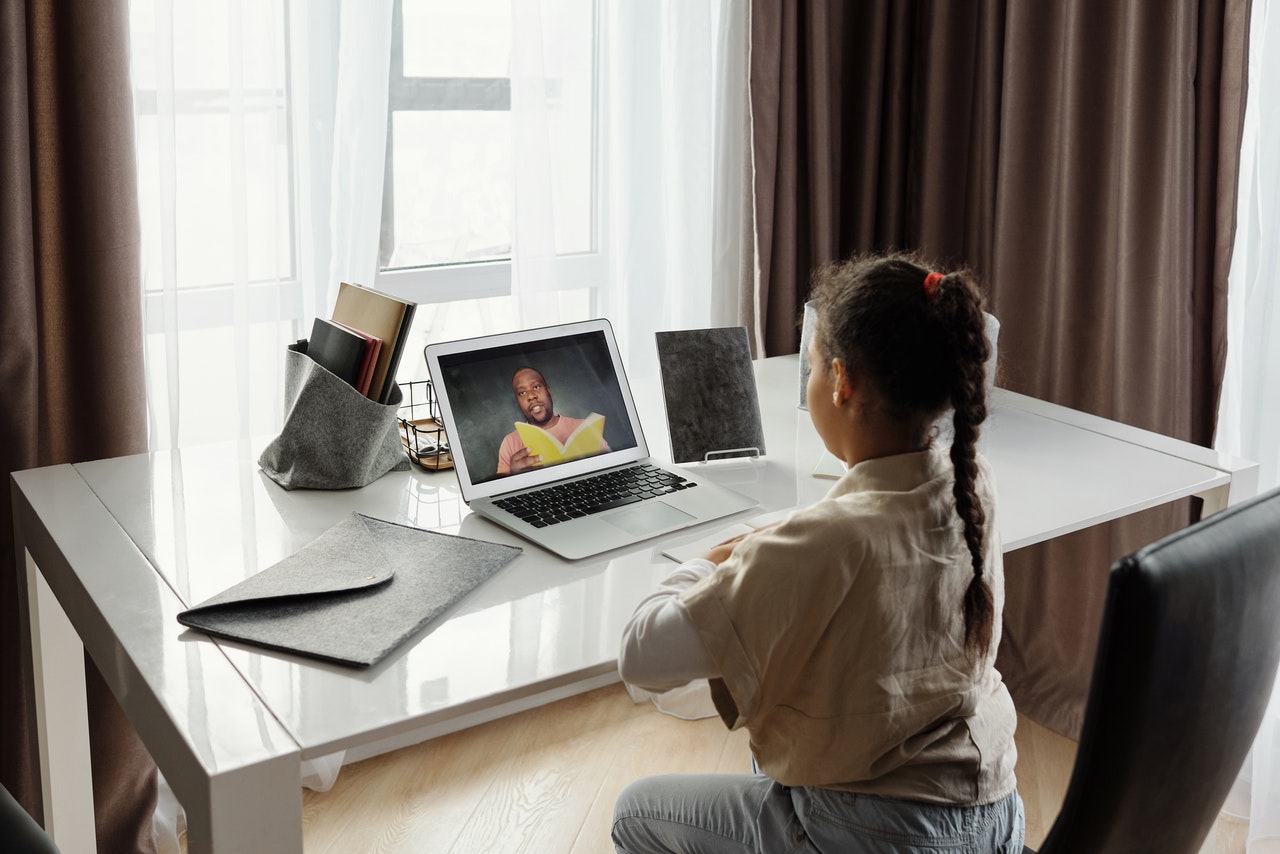Talking to Your Kids About Puberty

All parents feel uncomfortable when it comes to talking to their kids about puberty. However, it is important to understand that this conversation is vital to the overall physical and emotional well-being of your child. You can use these tips to help your kid know about puberty.
Begin Early
According to experts, you should start to talk to your kids about puberty when they are eight years old. Keep in mind that some major changes, such as the beginning of menstruation, may take place when kids are only nine years of age.
Begin the Conversation
You need to demonstrate that you are responsive to your kid’s concerns and problems by initiating the conversation. Children will follow your behavior when you demonstrate that it is fine to discuss puberty openly.
See What Your Kid Already Knows
Ask your kid about what they’ve learned about the topic in their Health class. If you find that the kid has got an overview, it gives you an excellent opportunity to let them know about puberty in detail. Remember that every kid appears with unique needs, so you first need to know what they’ve learned and then start filling in the gaps.
Discuss Physical Changes In Advance
Adults can prepare to handle the changes in their lives, such as new homes, new jobs, new relationships, etc. when they know about them beforehand. Similarly, your kids will be able to handle the physical changes associated with puberty when you tell them what to expect. Talk to your daughter about the beginning of her menstruation and changes in her breasts. Let your son know that he should expect ejaculations, facial hair, and a deepening voice well in advance.
Help Them Comprehend That There Are Differences between Human Bodies
Your kid will automatically compare their physical characteristics to those of others of their age. Girls may compare the size and shape of their breasts to those of other girls of the same age. Boys may wonder why their testicles and penises are smaller and larger than those of their friends. Give them the reassurance that this is normal to have these differences.
Help Them Understand Opposite Sex Clearly
Your kid will clearly comprehend the physical differences between males and females in their Sex education at school. Your job is to ensure that they also understand what their peers and friends are experiencing.
Tell Them to Make Good Choices
You need to tell your kids the value of making healthy choices in maintaining their well-being. And most importantly, help them clearly understand that nobody should intimately touch their body without their permission.
Make It an Ongoing Conversation
Make it a point to clearly tell your kids that you are always available to them, and they can ask you anything. Also, be sure to check in on them frequently.
The way your kids deal with the changes largely depends on how you equip them. While puberty can generate difficulties for both parents and children, a little preparation will help you navigate the situation efficiently.






